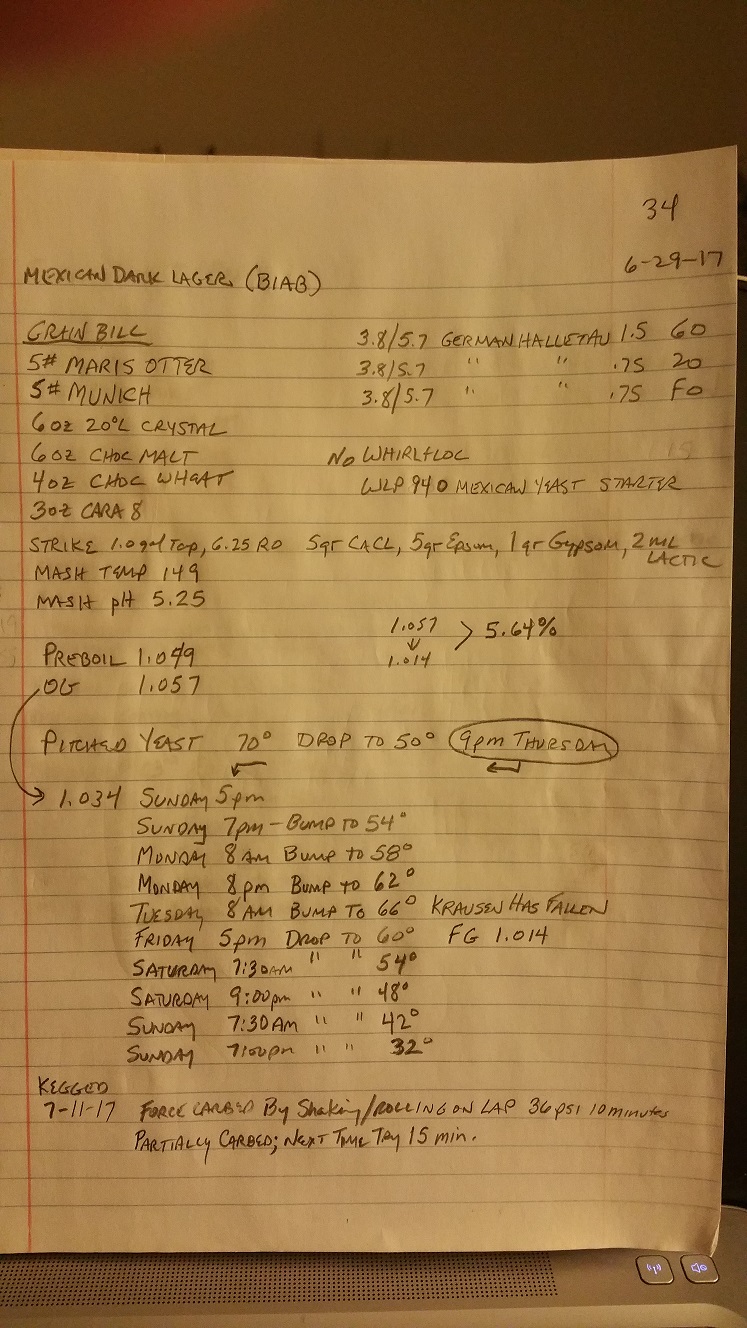dawn_kiebawls
Lawncare and Landscaping enthusiast
- Joined
- Jun 10, 2017
- Messages
- 838
- Reaction score
- 516
Hey guys and gals, lately I've been entirely to busy to brew which means I'm rationing my remaining homebrews and having to throw a lot more craft beer from the store in the mix. I'm not complaining because I get to drink more good beer, but drinking my brew along with the actually good stuff got me wondering.
How long does/did it take for me/you to brew GOOD beer you can be proud of? I like my beer because I made it but I think I've got a little bit of that 'ugly baby syndrome' you know? I want to brew something I can show off and share without saying 'I'm still new so I understand if you don't like it'. That being said, I am still very new with only 5 or 6 batches under my belt (3 AG) so I fully understand there is a rather large learning curve, but just HOW big it is remains a mystery to me.
For Christmas I am getting everything I need for a keezer/chamber so I will finally have control over my ferm temps which I know will make a big difference. But how long is/was the road ahead of me/you? I won't be intimidated, at this point I'm more or less looking for some advise, encouragement or words of wisdom! Thanks again for the help, kind words and the time you took to help a novice!
p.s. quick question about keg carbing. When force carbing, do you simply hook the keg up to ~40psi, pressurize the keg and disconnect the gas line and let sit for 24 hours or do you leave the gas line hooked up and 'on' the entire time? Thanks again!
How long does/did it take for me/you to brew GOOD beer you can be proud of? I like my beer because I made it but I think I've got a little bit of that 'ugly baby syndrome' you know? I want to brew something I can show off and share without saying 'I'm still new so I understand if you don't like it'. That being said, I am still very new with only 5 or 6 batches under my belt (3 AG) so I fully understand there is a rather large learning curve, but just HOW big it is remains a mystery to me.
For Christmas I am getting everything I need for a keezer/chamber so I will finally have control over my ferm temps which I know will make a big difference. But how long is/was the road ahead of me/you? I won't be intimidated, at this point I'm more or less looking for some advise, encouragement or words of wisdom! Thanks again for the help, kind words and the time you took to help a novice!
p.s. quick question about keg carbing. When force carbing, do you simply hook the keg up to ~40psi, pressurize the keg and disconnect the gas line and let sit for 24 hours or do you leave the gas line hooked up and 'on' the entire time? Thanks again!




 ), but once I proudly shared an incredible Bav. Hefeweizen they looked at me as I wanted to poison them.
), but once I proudly shared an incredible Bav. Hefeweizen they looked at me as I wanted to poison them.